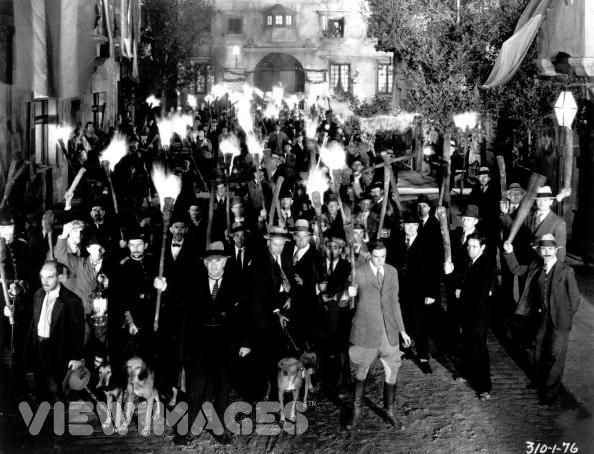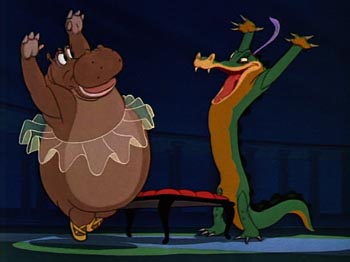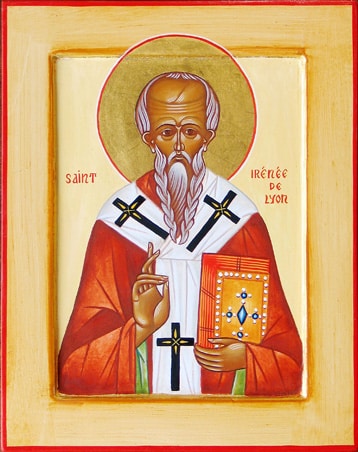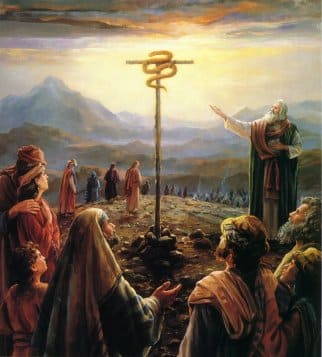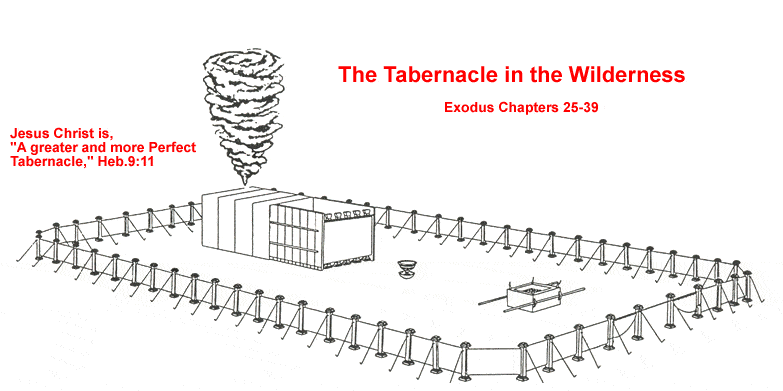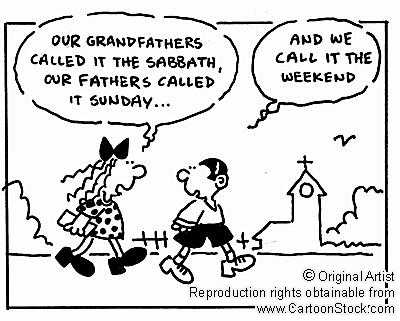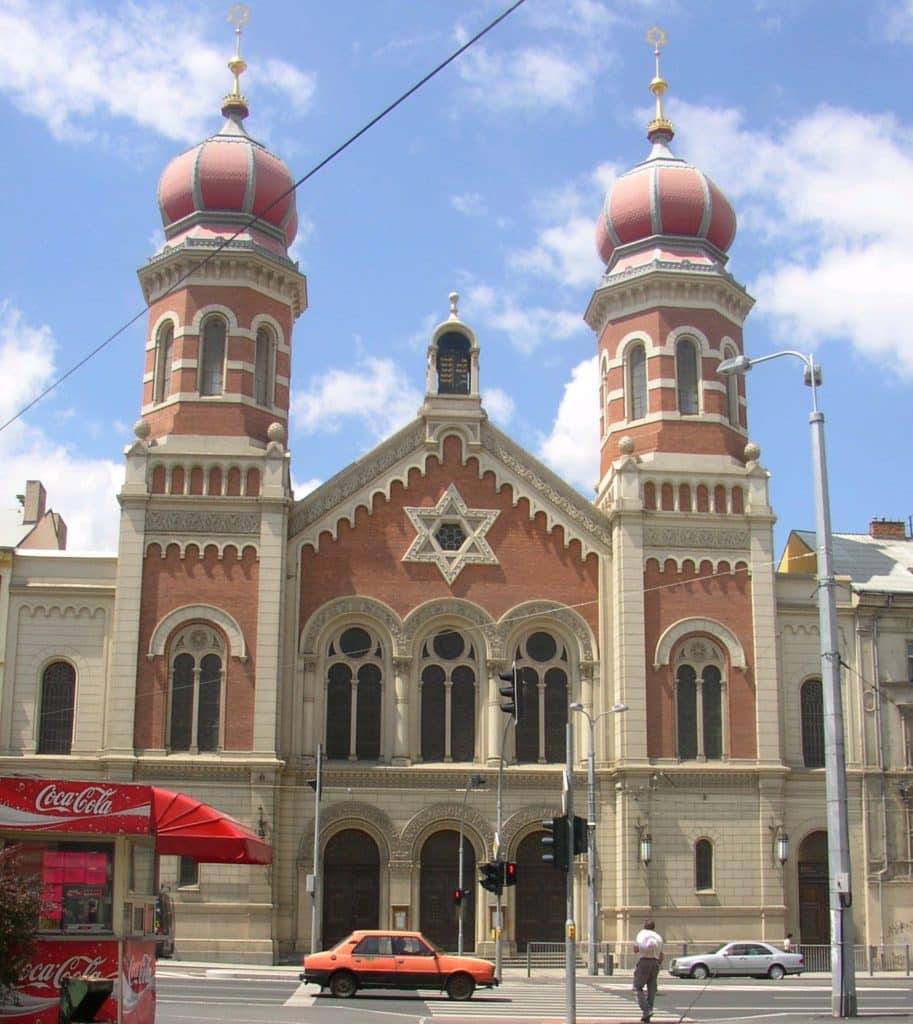https://www.scarpellino.com/ho9jmkdv On the post I referenced earlier, the conversation quickly fell into an typical Protestant/non-Protestant debate. One of the comments said, in part: I am happy enough where I am because I see behind the green curtain. The ties to RC have taught me there are a lot of wonderful catholic believers, who in many ways live […]
How not to argue for the Church
https://www.wefairplay.org/2025/03/11/5tc6e0oa · by Leave a Comment
Best Price Ambien Online